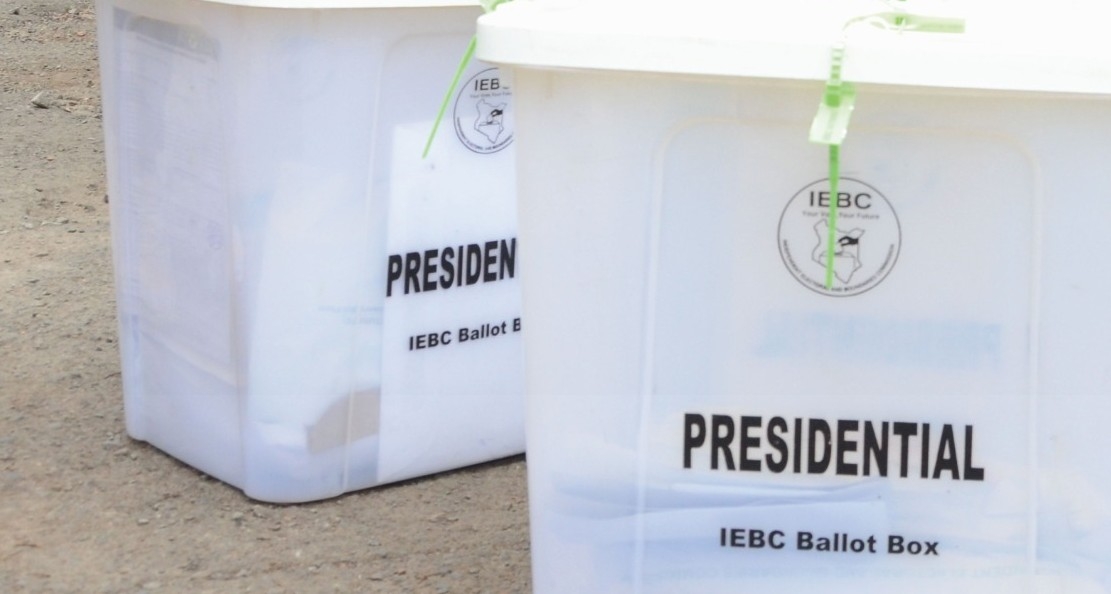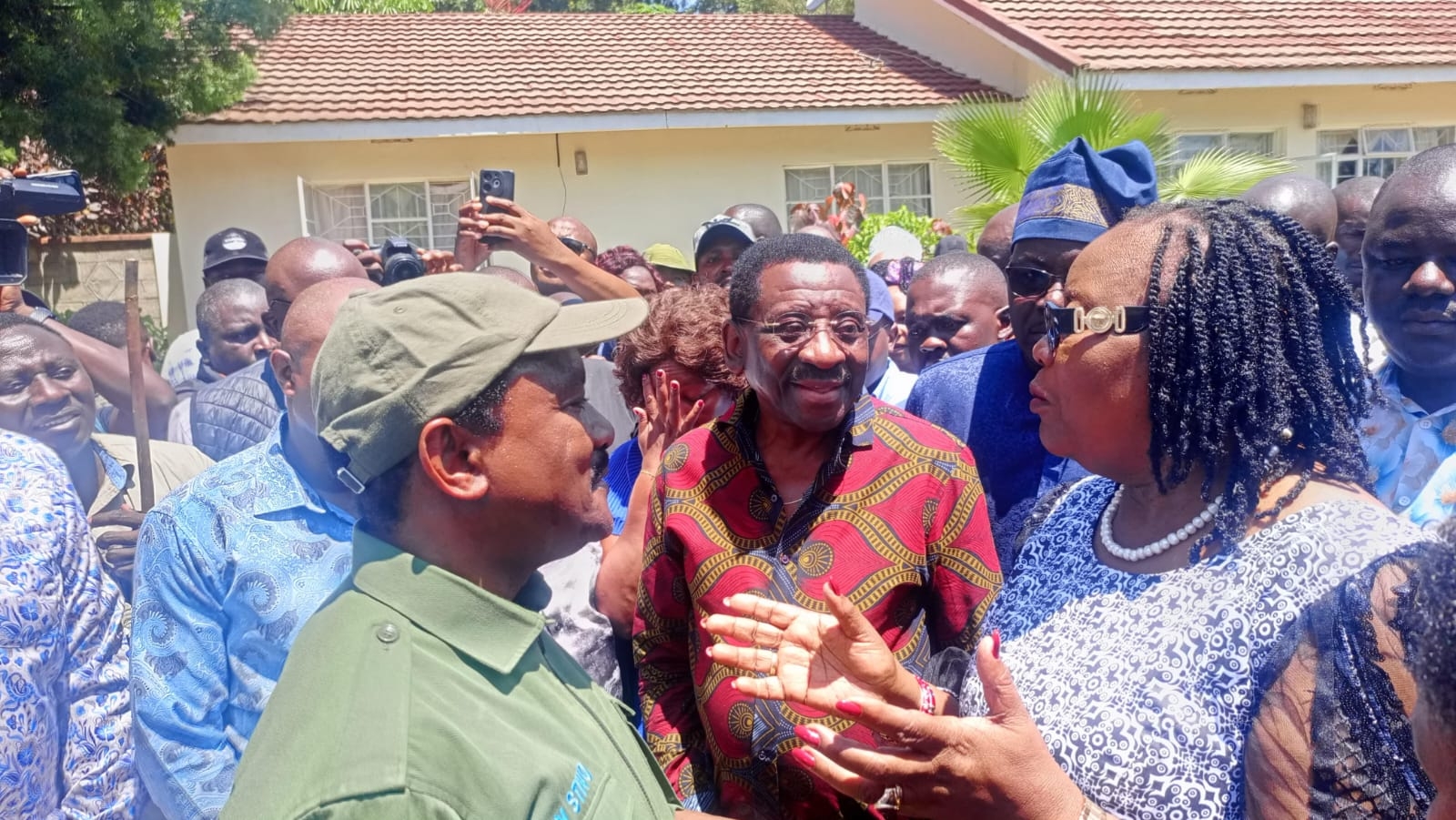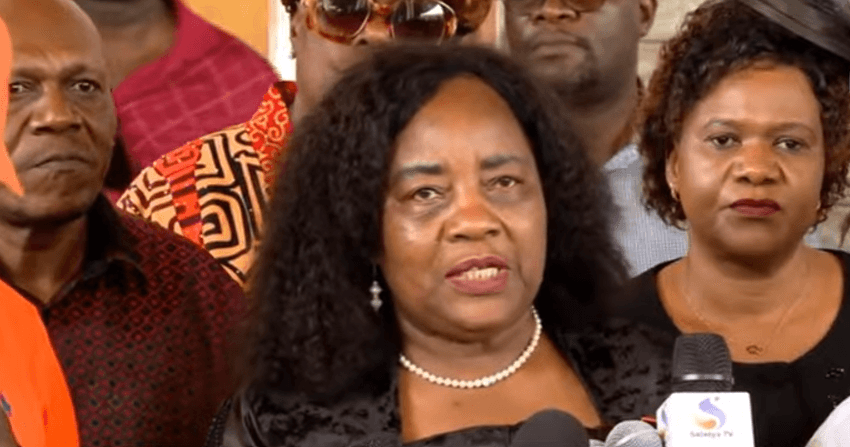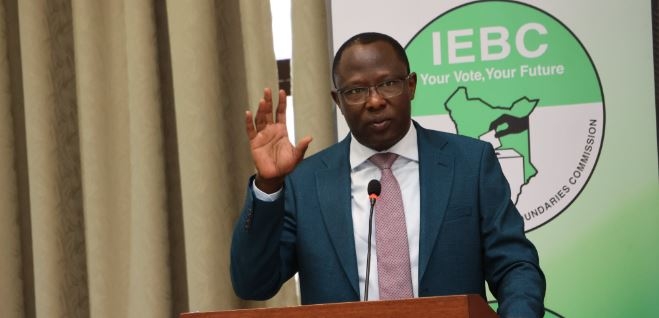
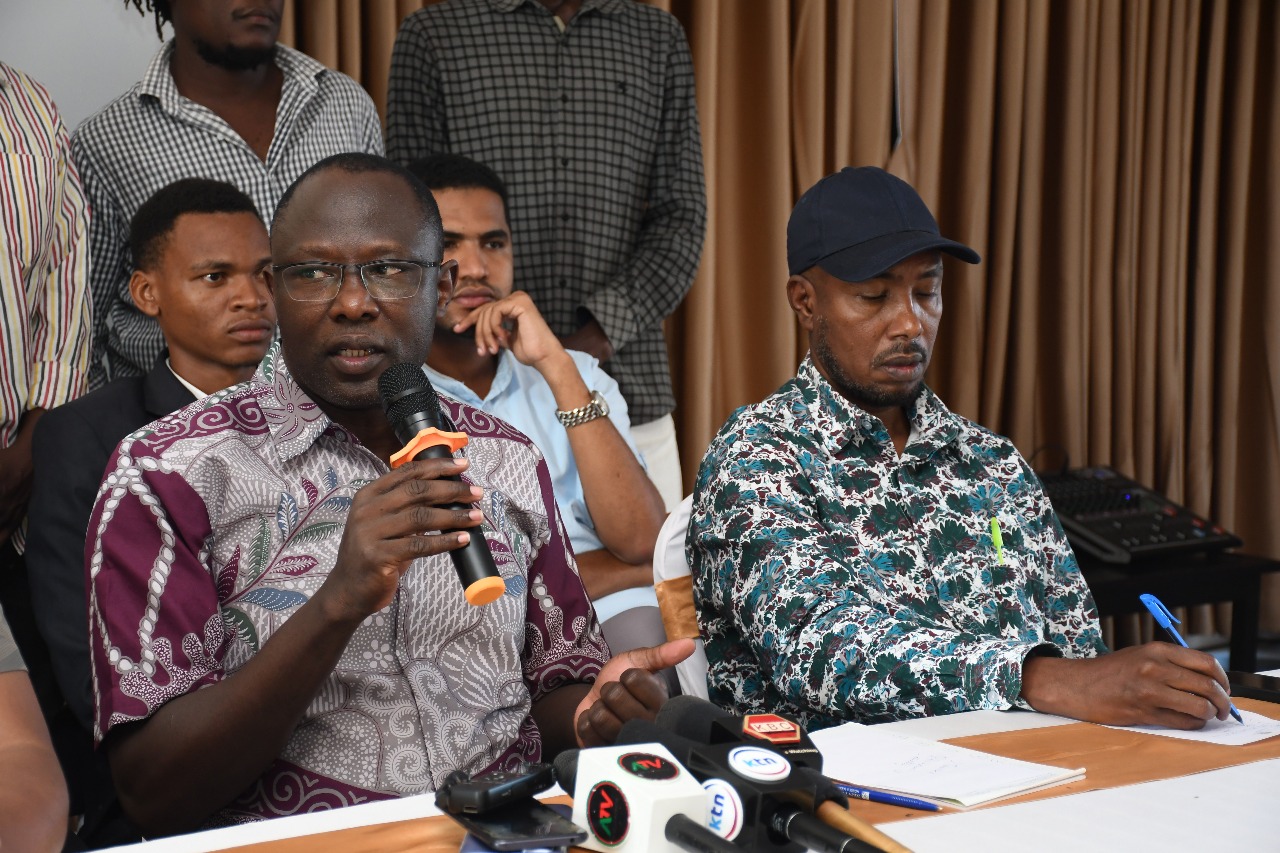
The Independent Electoral and Boundaries Commission has unveiled an ambitious plan to register over 183,000 new voters in Mombasa, aiming to combat widespread apathy by taking registration services directly into neighbourhoods.
The push comes as initial sign-up figures remain critically low, highlighting the scale of the challenge ahead of the 2027 general election.
IEBC chairperson Erastus Ethekon said the commission aims to raise Mombasa’s voter base to 825,000 from the current 642,000, as part of its upcoming Enhanced Continuous Voter Registration (ECVR) drive.
Breaking down the county’s target, Ethekon said they are targeting to increase voter numbers in Changamwe from 93,561 to 120,241; Jomvu from 75,085 to 96,495; Kisauni from 135,276 to 173,851; Nyali from 124,235 to 160,000; Likoni from 94,764 to 121,786; and Mvita from 118,974 to 152,900.
The ongoing Continuous Voter Registration exercise—now in its fifth week—has seen only 3,976 new voters registered in the coastal city and 90,020 nationwide.
The IEBC targets to register a total of 6.8 million ahead of the 2027 general election.
During a youth sensitisation forum organised by Amnesty International in Mombasa, Ethekon noted that the low turnout stems from limited access, as registration is currently being conducted only at constituency offices.
However, he assured that after the by-elections on November 27, the agency will launch the mass voter registration phase to take registration centres closer to the people.
“Once we finish the by-elections, we will launch the Enhanced Voter Registration and move our registration centres to neighbourhoods. This will make the process more accessible and encourage more youth to register,” he said.
To complement the effort, IEBC will work with the National Registration Bureau to fast-track the issuance of national ID cards and collaborate with civil society, media and influencers to mobilise the youth.
“We need everyone to support us in reaching young people so that we increase the numbers and ensure a free and credible election,” he added.
Ethekon urged Kenyans to help rebuild trust in the new IEBC, assuring that the commission has strengthened accountability systems, including robust voter identification and result transmission technology.
He cautioned politicians and media outlets against spreading misinformation that could undermine voter confidence.
“The young people, the bloggers, we need to tell our story. Let not politicians control the narrative because when we let them do that, we lose faith in everything,” he said.
Ethekon expressed concern over the declining voter turnout from 78.9 per cent in 2017 to 64 per cent in 2022, attributing it to growing apathy among young voters.
IEBC chief executive Hussein Marjan echoed the call, urging youth to convert their online activism into electoral participation.
“Youth have the power to make meaningful change, but that can only happen through the ballot, not protests,” he said.
Vocal Africa executive director Hussein Khalid pledged to support IEBC in mobilising youth, who will constitute about 56 per cent of eligible voters in 2027.
“If the youth turn up in numbers, they can decide which direction this country takes. This time, let the voter’s card be your voice,” Khalid said.


